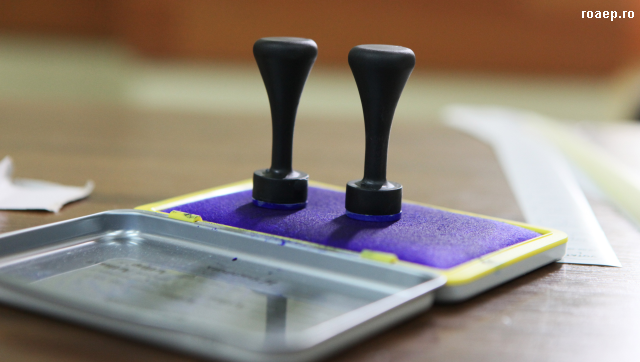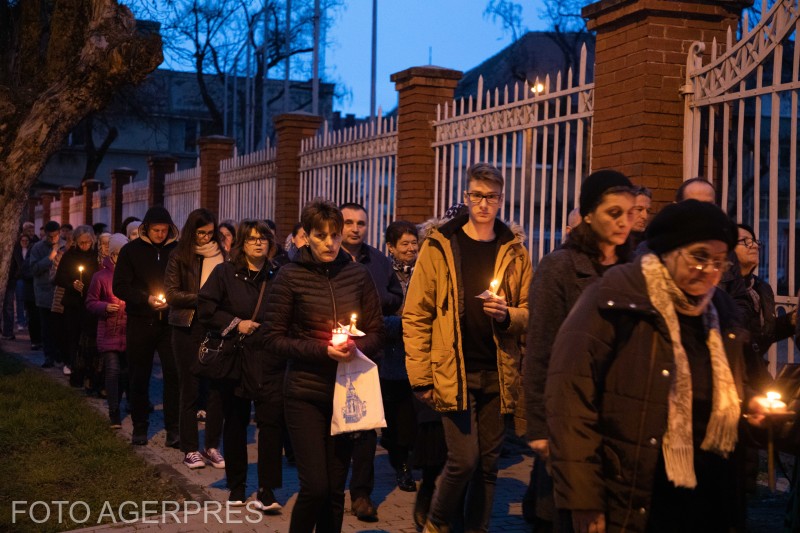Local Elections 2016
The campaign for the 2016 local elections in Romania has started.

Roxana Vasile, 06.05.2016, 13:39
As of Friday, May 6, Romanians will keep their eyes on the first electoral competition of the year, the local elections, viewed as a test for the great political battle due this autumn, the parliamentary elections. The local elections are known not to give rise to much interest, although the local authorities and their decisions have a major impact on citizens’ daily lives. Whereas in 1992, in the first such elections in post-communist Romania, nearly 65% of the eligible voters showed up in polling stations, the turnout rate was constantly around 50% afterwards.
A similar figure is expected this year as well, fuelled by the highly negative perception of Romanians regarding corruption in local administration. It is up to politicians to counter this trend, and the first to do this was President Klaus Iohannis, who urged the nearly 18 million Romanian voters to exercise their right to vote:
Klaus Iohannis: “Follow the election campaign. Attend election meetings, ask your candidates how they see the development of your city or village. Ask uncomfortable questions, assess all candidates and then, please take part in the vote! Every four years, you have a say in the fate of your local community. Make use of this right.”
Candidacies for local elections could be submitted until mid-night April 26. The elections will take place in one round, on June 5. Representatives of political parties, of ethnic minority organisations and independent runners submitted candidacies for mayor, local councillor and county councillor positions. The election campaign takes place between May 6 and June 4, and this year it is regulated by new legislation. Candidates are expected to run clean campaigns, focusing on projects and solutions to citizens’ problems. In turn, authorities are expected to do their duty and organise the elections flawlessly.
According to the Interior Minister, Petre Toba, the preparations progress as scheduled. A new digital system monitoring the turnover and preventing illegal multiple voting will be tested in the forthcoming period, so that possible weaknesses may be identified and addressed. Measures will also be in place to ensure public order.
Minister Petre Toba: “I once again call on all my colleagues to enforce the law firmly, and to have their work governed by the principles of equality and fair treatment for all candidates.”
Running for the Bucharest Mayor General position are 12 candidates. Across the country, there will be more than 18,000 polling stations and 93,000 vote stamps. Nearly 280 radio stations will cover the local election campaign in their broadcasts.






























